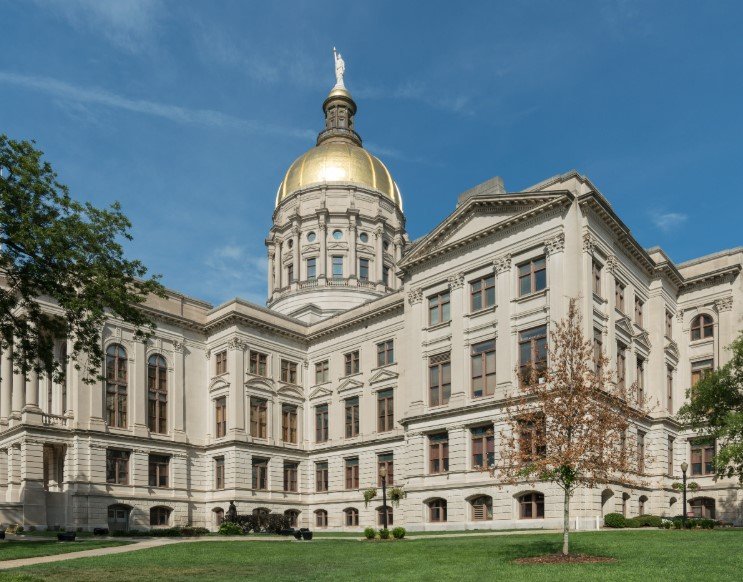Legislation that would bolster religious protections in Georgia is one step away from becoming law, following a key vote in the state House Judiciary Committee. While supporters see it as a necessary safeguard, critics argue it could pave the way for legalized discrimination.
House Committee Restores Original Version
A pivotal vote in the Georgia House Judiciary Committee on Wednesday, March 26, brought Senate Bill 36 (SB 36) back to its original form. The 9-6 decision reinstated the language initially approved by the Senate earlier in the month, removing prior amendments that sought to temper its impact.
Sen. Ed Setzler, a Republican from Acworth and the bill’s chief sponsor, described SB 36 as a vital measure to prevent government overreach into religious practices. “This ensures that individuals and organizations can live out their faith without undue interference,” Setzler told committee members.
However, opposition to the bill remains fierce. Critics, including one Republican who sided with Democrats against it, warn that without explicit anti-discrimination protections, the legislation could be exploited to justify the denial of services to LGBTQ+ individuals and other marginalized groups.

Religious Leaders Back the Bill, Civil Rights Advocates Sound the Alarm
A recent hearing on SB 36 drew testimony from 29 individuals, reflecting sharp divisions over the bill. Religious organizations largely voiced their support, arguing that legal reinforcement of religious liberties is overdue.
Bishop Garland Hunt, executive pastor of The Father’s House, a non-denominational church, was among the voices backing the bill. “People of faith are being censored, facing demands to violate their conscience,” Hunt said, emphasizing what he sees as increasing threats to religious expression.
Opponents, including LGBTQ+ advocacy groups and civil rights organizations, remain deeply concerned. They argue that Georgia lacks a legal framework preventing religious beliefs from being used as a pretext for discrimination. Many other states with similar religious freedom laws also have explicit protections ensuring that businesses cannot deny services based on gender identity or sexual orientation.
Push for Anti-Discrimination Amendment Fails
Efforts to amend SB 36 to include non-discrimination language fell short. Rep. Deborah Silcox, a Republican from Sandy Springs, proposed an amendment to clarify that the bill could not be used as a legal shield for discrimination. The committee rejected her proposal, further fueling concerns about the law’s potential impact.
Opponents fear the bill could allow individuals and businesses to refuse services in a broad range of situations:
- A landlord declining to rent to a same-sex couple based on religious beliefs.
- An adoption agency refusing to place children with LGBTQ+ parents.
- A restaurant owner denying service to customers based on their identity.
Supporters of the bill dismiss these concerns, arguing that courts would prevent abuses. “This does not give people a free pass to discriminate,” Setzler insisted. “It simply upholds fundamental religious freedoms.”
Broader Implications and Political Fallout
SB 36 now heads to the full House for a final vote, after which it will land on Gov. Brian Kemp’s desk. If signed into law, the legislation is expected to spark legal battles, with civil rights groups preparing to challenge it in court.
Beyond the legal realm, the bill’s passage could have economic ramifications. Similar religious freedom laws in Indiana and North Carolina previously triggered corporate backlash and boycotts, with businesses pulling investments and events from those states. Georgia, home to major corporations like Coca-Cola and Delta Air Lines, could face similar scrutiny if SB 36 becomes law.
As lawmakers prepare for the final vote, the stakes remain high. To supporters, it’s a matter of preserving religious liberties. To opponents, it’s a step backward in the fight for equal rights. One thing is certain: the debate is far from over.
